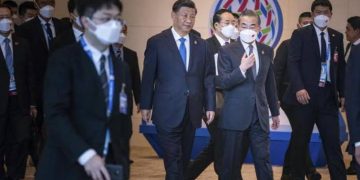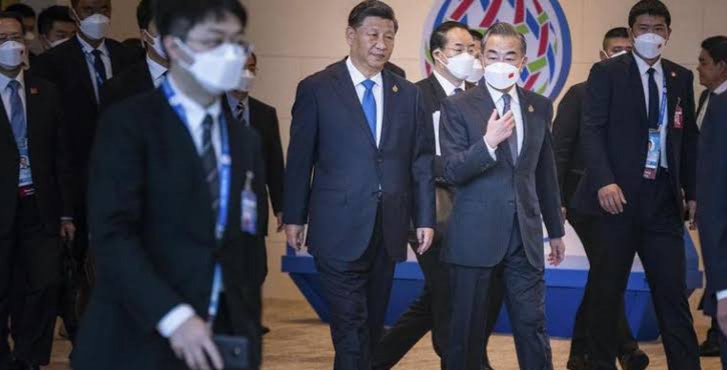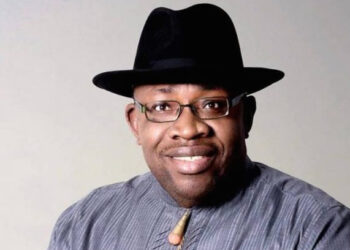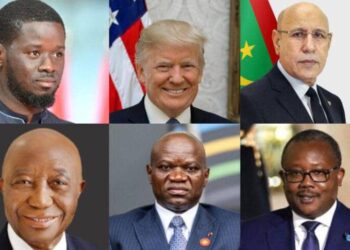By Oyintari Ben
As summit meetings came to a close on Saturday, leaders from the Asia-Pacific region demanded an end to Russia’s conflict with Ukraine and committed to guiding the area’s economies toward sustainable growth.
By claiming that the majority of the 21 participants in the Asia-Pacific Economic Cooperation forum had denounced the war, the host Thailand achieved a diplomatic coup. Both Russia and China are members of APEC, and China has typically avoided criticizing Moscow.
Different points of view on the war were acknowledged in the statement released by APEC leaders, who also stated that the conference, which is primarily focused on promoting trade and deeper economic relations, was not the appropriate place to settle such disputes.
The war and other security concerns, however, were mentioned as having “major ramifications for the global economy.”
It stated that the majority of members had forcefully denounced the conflict in Ukraine and emphasized how it was aggravating inflation, supply chain issues, food insecurity, and financial risks in addition to creating tremendous human misery.
A resolution passed by the UN General Assembly on March 2 that “deplores in the harshest terms the aggression by the Russian Federation against Ukraine and demands its complete and unconditional departure from the territory of Ukraine” was reiterated in the statement.
In other news on Saturday, a White House official reported that U.S. Vice President Kamala Harris spoke briefly with Chinese President Xi Jinping prior to the start of the final APEC meeting, urging both parties to maintain open lines of communication.
Although the long-term goal of the Asia-Pacific Economic Cooperation forum, which has 21 members, is to foster deeper economic connections, other, more pressing matters frequently divert summit attendees’ attention.
In his opening remarks, Thai Prime Minister Prayuth Chan-ocha urged the leaders to advance the APEC agenda of supporting free trade in the Pacific.
Prayuth stated, “We must make implementing this strategy our top priority.
A rare opportunity for leaders to interact in person over the past two years due to the pandemic was presented by the summits this past week.



































